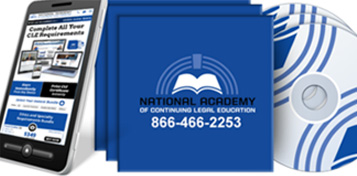About This Course
In 2006, the United States Supreme Court opened the door to psychedelic religious ceremonies by holding that the Religious Freedom Restoration Act (“RFRA”) prohibited the DEA from seizing a hallucinogenic tea from a Brazilian church, even though it contained DMT, a Schedule I substance made unlawful under the Controlled Substances Act (“CSA”).
In 2009, a second Brazlian church obtained a similar ruling from an Oregon District Court. These rulings have fed the widespread perception that Visionary Church activity is lawful, and across the country, Visionary Churches have mushroomed, giving rise to a whole new set of clients seeking RFRA protection to engage in Free Exercise use of various controlled substances.
Demographic data shows that Visionary Church congregations are comprised of well-educated people of both sexes, mostly in the age group from 30 to 60, who engage in meditation and prayer, seeking the powerful experience said to be accessible through the use of a number of herbal hallucinants, including the widely-used Ayahuasca, of Amazonian origin.
The course is taught by an attorney with recent experience litigating RFRA claims against the DEA, who will share insights into the Agency’s enforcement posture, strategy and tactics. Come prepared to learn about an exciting new area of practice that will prepare you to serve clients seeking legal assistance with the establishment and operation of a Visionary Church.






